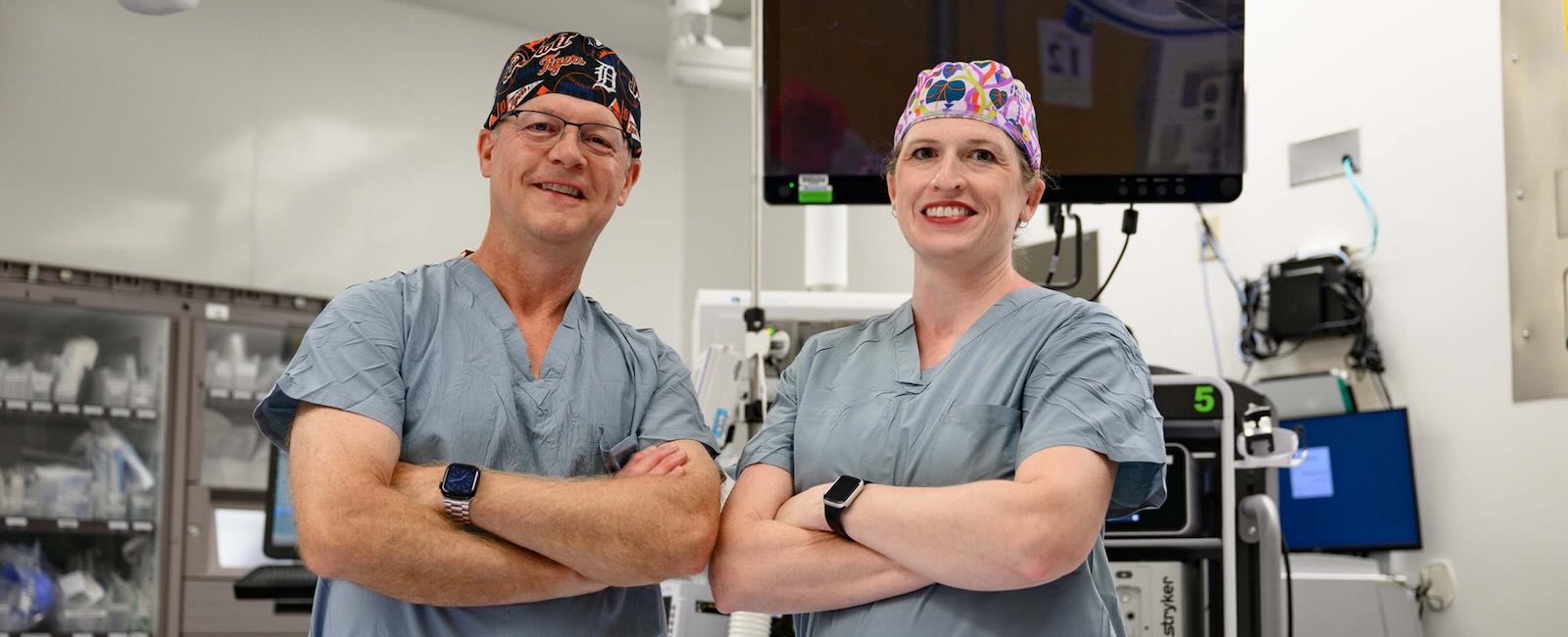Losing weight and keeping it off can be challenging — especially when diet and exercise alone aren’t enough. Our comprehensive weight loss program offers both surgical and non-surgical solutions tailored to your health goals, lifestyle, and medical needs. Whether you’re looking for a permanent surgical solution or want to explore medically guided weight management, our team is here to support you every step of the way.
Surgical Weight Loss
Surgical weight loss, or bariatric surgery, is a powerful tool for people struggling with severe obesity or weight-related health conditions like diabetes, sleep apnea, or high blood pressure. We offer procedures such as gastric sleeve and gastric bypass, which help reduce appetite and limit food intake while promoting long-term metabolic changes. These surgeries are typically performed laparoscopically or robotically and are supported by nutrition, behavioral, and medical follow-up care.
Learn more about surgical weight loss options
Non-Surgical Weight Loss
For those not ready for surgery or who don’t meet surgical criteria, our non-surgical weight loss services offer safe, medically supervised options. These may include prescription weight loss medications, customized diet plans, behavioral coaching, and metabolic testing. We work closely with each patient to develop a sustainable plan that promotes healthy habits, steady progress, and long-term results, without the need for surgery.




